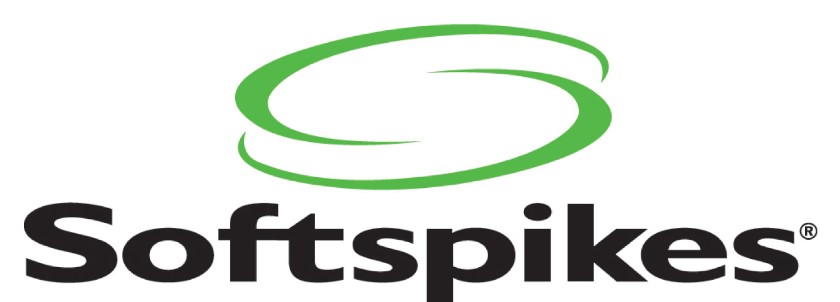In a sport where plaid pants and alligator shirts never go out of style, changing the official footwear required a bit of a revolution. At least that’s what Bill Ward and Myron Gerber found when they tried to sell a new plastic golf cleat. Golfers had been wearing metal spikes since Walter Hagen donned a pair in the 1919 U.S. Open, caring little that they chewed up the greens like a Cuisinart.
But Ward thought he’d found a friendlier alternative in Softspikes, invented in 1992 by two Idaho guys, a golf-course owner and an inventor. When Ward played at the Idaho course, he saw the shoes and was convinced they could, as he put it, “change the face” of golf. After he convinced golfing buddy Gerber, they snapped up worldwide marketing rights in 1993 and started proselytizing. But sales remained subpar–until the partners realized they were swinging from the wrong tee. Instead of targeting golfers, who cared about performance, they took aim at the folks who had a vested interest in protecting their turf: greens superintendents and other officials. The Softspikes marketers contacted 1,000 country clubs and preached the Softspikes gospel to those who have to keep the greens pristine.
But their masterstroke came when Ward suggested that the clubs ban metal spikes for 60 days and require players to wear Softspikes; he’d provide them for free. “We bet on the fact that once people tried Softspikes cleats they would like them,” says Ward.
The stroke of luck came in the form of the greens chairman at the prestigious Wynstone Golf course in North Barrington, Ill., who agreed to take the 60-day challenge. Club members weren’t thrilled; one wore socks on the course in protest. But before long, the members saw improvement–and then-greens chairman Bill Webbe saw 10% savings in maintenance costs. When the trial was over, the club voted to stay metal-free. Other topnotch clubs followed in their footsteps, including the Robert Trent Jones Golf Club in Lake Manassas, Va. Softspikes spent $500,000 on freebies from 1994 to 1995, and by 1996, sales had tripled to $6 million.
Today, 10,000 of the nation’s 14,000 golf courses have banned metal spikes in favor of plastic. CEO Jon Hyman, 43, now the driving force behind Softspikes, dubs the Ward-Gerber approach “mandate marketing”: getting an industry to adopt a product innovation and ban the use of older versions. Taking it a step further, he has convinced the National Collegiate Athletic Association to switch to plastic and has built Softspikes into a $30 million company.
